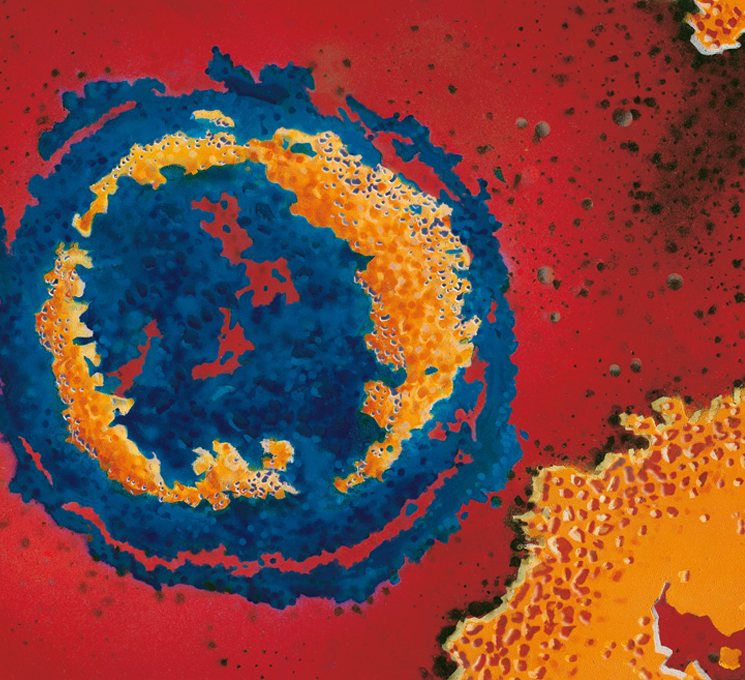Organizations in the food industry often face issues with potential pathogens in non-sterile preparations. They also need to determine, with certainty, the components of a food product for the market to assure its provenance, safety, and compliance. For these purposes, DNA sequence-based technologies have the advantages of being less affected by food processing techniques than protein-based approaches and able to address any organism of interest.
SmartGene’s IDNS® modules with their unique, validated, and constantly updated reference databases facilitate gene and genome-based identification of potentially harmful bacteria and fungi, as well as helping to trace organisms to the source of contamination.
SmartGene’s Animal Differentiation Module allows for the accurate determination of the provenance of meat and fish in both pure and mixed samples (NGS).
The fully documented and traceable work flow in the SmartGene modules generates a searchable archive for case comparisons and statistics; multi-point access and networking abilities promote collaborations between distant affiliates.
Click here for details about a recent study on food authentication, the identification of morel mushrooms.







